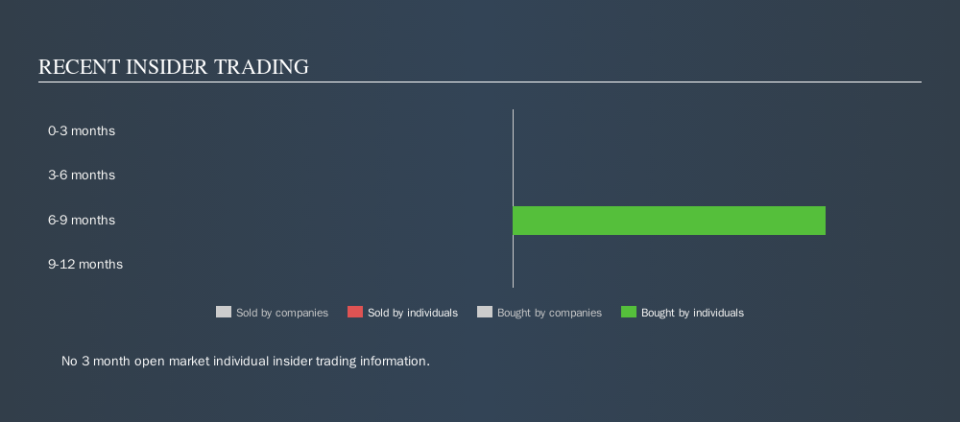Did Fluence Corporation Limited (ASX:FLC) Insiders Buy Up More Shares?

We often see insiders buying up shares in companies that perform well over the long term. The flip side of that is that there are more than a few examples of insiders dumping stock prior to a period of weak performance. So before you buy or sell Fluence Corporation Limited (ASX:FLC), you may well want to know whether insiders have been buying or selling.
Do Insider Transactions Matter?
It is perfectly legal for company insiders, including board members, to buy and sell stock in a company. However, rules govern insider transactions, and certain disclosures are required.
We don't think shareholders should simply follow insider transactions. But equally, we would consider it foolish to ignore insider transactions altogether. For example, a Harvard University study found that 'insider purchases earn abnormal returns of more than 6% per year.'
See our latest analysis for Fluence
The Last 12 Months Of Insider Transactions At Fluence
Over the last year, we can see that the biggest insider purchase was by Non-Executive Director Paul Donnelly for AU$180k worth of shares, at about AU$0.36 per share. That implies that an insider found the current price of AU$0.43 per share to be enticing. Of course they may have changed their mind. But this suggests they are optimistic. If someone buys shares at well below current prices, it's a good sign on balance, but keep in mind they may no longer see value. Happily, the Fluence insider decided to buy shares at close to current prices. The only individual insider to buy over the last year was Paul Donnelly.
The chart below shows insider transactions (by individuals) over the last year. If you click on the chart, you can see all the individual transactions, including the share price, individual, and the date!
There are plenty of other companies that have insiders buying up shares. You probably do not want to miss this free list of growing companies that insiders are buying.
Insider Ownership of Fluence
Another way to test the alignment between the leaders of a company and other shareholders is to look at how many shares they own. A high insider ownership often makes company leadership more mindful of shareholder interests. Fluence insiders own about AU$26m worth of shares. That equates to 11% of the company. This level of insider ownership is good but just short of being particularly stand-out. It certainly does suggest a reasonable degree of alignment.
So What Do The Fluence Insider Transactions Indicate?
It doesn't really mean much that no insider has traded Fluence shares in the last quarter. However, our analysis of transactions over the last year is heartening. Insiders do have a stake in Fluence and their transactions don't cause us concern. Of course, the future is what matters most. So if you are interested in Fluence, you should check out this free report on analyst forecasts for the company.
Of course Fluence may not be the best stock to buy. So you may wish to see this free collection of high quality companies.
For the purposes of this article, insiders are those individuals who report their transactions to the relevant regulatory body. We currently account for open market transactions and private dispositions, but not derivative transactions.
We aim to bring you long-term focused research analysis driven by fundamental data. Note that our analysis may not factor in the latest price-sensitive company announcements or qualitative material.
If you spot an error that warrants correction, please contact the editor at editorial-team@simplywallst.com. This article by Simply Wall St is general in nature. It does not constitute a recommendation to buy or sell any stock, and does not take account of your objectives, or your financial situation. Simply Wall St has no position in the stocks mentioned. Thank you for reading.

 Yahoo Finance
Yahoo Finance 
